The Roman Catholic writers are unanimous in the opinion that it was a belief of large number of Pagans that man had fallen from a higher state of existence. St. Augustine insists upon the general belief of the Pagans in original sin, when he writes against bishop Pelage. But we have other testimonies too.
Cicero, in his work De Republica (Bk. III) after painting the grandeur of human nature, and then contrasting its submission to diseases, to fear, to sorrow, to miseries and the the most degrading passions was at a loss to define man. He called him a soul in ruins. It was for the same reason, that in Plato, Socrates reminds to his disciples that those who had established mysteries and who taught that, according to their ancestors, anybody who dies without being purified is plunged into the mire of Tartarus whereas he who has been purified dwells with the gods. Clement of Alexandria in his Stromata (Bk. III) writes, that according to Philolaus, the Pythagorician, all the ancient theologians and poets said that the soul was buried in the body, as in a grave as a punishment for some sin.
According to the Theological System of the Persians, “There are stains brought by man when he comes to life.” Also Brahmins believed that man was fallen and degenerated. Sin is the transgression of this law by which it was prohibited. Our perverse inclinations have induced us to transgress the law; hence the first sin which has induced us to commit the others.
The Biblical story of the Tree of Knowledge of Good and Evil doesn't identify the nature of sin committed by Adam and Eve. Anyway the Jews don't profess the dogma as it was formulated by the Church fathers. God's blessing “multiply and replenish the earth” (Gen 1:22) precedes the story about the fall which is described only in chapter 3 of the Book of Genesis. And that precludes the identification of the sin with sexual intercourse. The most important idea of this story is that God will never let humanity decide what is truly right and wrong. We human beings have as one of our greatest limitations, the inability to see the ultimate results of our actions. This is one of the big reasons, God tells us not to rely on our own judgment. In Prov. 3:5 we read, “Trust in the Lord with all your heart, and lean not on your own understanding.”
Rosemary R. Ruether, in her article Ant-Semitism In Christian Theology wrote: “Many of the church fathers adopt the scheme of history that posits, before the Mosaic law, an earlier period of universal spiritual religion corresponding to the inward reign of the natural law in men's hearts. This is believed to have existed in the time of the Patriarchs and antideluvians. This was the true universal spiritual religion of God, but it was eclipsed temporarily by the lower stage of religion represented by the Mosaic law. The law comes then to represent a Fall, and its giving was occasioned by the peculiar viciousness of the Jews, who are said to need such extra restraints because of the idolatry and unnatural vice which they picked up in Egypt. But now, with Christianity, a new race of moral heroes has arisen and the law is no longer necessary. The original universal spiritual religion of natural law has been restored in a new and perfected form. This theory is especially dear to Eusebius, but it is mentioned or alluded to by various other patristic writers.” http://theologytoday.ptsem.edu/jan1974/v30-4-article4.htm).
Solar Pantheism (Heliocentrism) vs. God's Law
Babylonian culture displays a systematic assault on Biblical government. Modern science is only the capstone of a long philosophical maturation that includes evolutionists and heliocentrists from the Babylonian “mighty hunter before the Lord, Nimrod, Pharaohs to Roman emperors-gods to Hitler who tried to replace God's Law with Aryan myths.
The Babylonian and Roman votaries of the sun god shared the same ritual imagery and symbols. Along with the sun as the great fire-god, and, later, identified with him, was the serpent worshiped. In Egypt, one of the commonest symbols of the sun, or sun-god, is a disc with a serpent around it. In Greek, the serpent of fire, or serpent of the sun was called basilisk, that is the “royal serpent,” to identify it with Moloch, which name signifies”the king” In Egypt, the sun identified with this serpent was called pouro which signifies at once 'the fire' (Greek pyr) and 'the king'. And that explains why Copernicus's sun god is seated on the royal throne.
Copernicus's family of stars governed by the sun god, their father from his kingly throne brings to memory the worst practices and teachings of the sun worshipers. The Greek sun god venerated under the appellation Kronos devoured his sons as soon as they were born. Infants were the most acceptable offering at Nimrod's altar because he was considered the representative of Moloch or Baal. This was nothing but the earliest practice of birth control. In the Sumerian myth Enki assisted humanity to survive the Deluge. As the god of what we would call ecology, Enki explains that Enlil is unfair to punish the guiltless Atrahasis for the sins of his fellows, and secures a promise that gods will not eliminate humankind if they practice birth control and live within the means of natural world. The threat is made, however, that if humans do not honor their side of the covenant the gods will be free to wreak havoc once again. This inhuman sacrifice was justified with the dogma of 'original sin'. When the parents made 'their children pass through fire to Moloch,' they believed it was “for the sin of the soul.” And as passing through fire was both a purgation from the 'original sin' and the means of regeneration, so it was also for raising the dead.
The fire that was guarded in the Roman Temple of Vesta was regarded in the very same light as by the old Babylonian fire-worshipers. It was looked upon as the purifier, and in April every year, at the Palilia, or feast of Pales, both men and cattle, for this purpose, were made to pass through fire.. This ancient belief still survives in the Church doctrine of Purgatory. Hercules purified by fire from the gross parts of the body was raised to participate the happiness of the Immortals. The name Tammuz is derived from tam, “to make perfect,” and muz “fire”, and signifies “the fire perfecter,” or “the perfecting fire.” “Come now, and let us reason together, saith Yahweh: though your sins be as scarlet, they shall be as white as snow; though they be red like crimson, they shall be as wool”. Isa 1:18. In other words, they did not need to pass their children through fire to purify them especially that they did not believe that their children, as a result of original sin, were born with devils inside them.
The Phaedrus of Plato displays all that man once was, and that which he may yet become again. "Before man's spirit sank into sensuality and was embodied with it through the loss of his wings, he lived among the gods in the airy [spiritual] world where everything is true and pure." In the Timaeus he says, "There was a time when mankind did not perpetuate itself, but lived as pure spirits." In the future world, says Jesus, "they neither marry nor are given in marriage," but "live as the angels of God in Heaven."
The accusation and the precise nature of the "abomination" are stated in the second chapter of the book of Revelation (14, 1-5). The sin was merely – marriage. Gnostic Cathars rejected sex as a continuation of the human soul' entrapment in earth-bound carnal evil. According to Cathars, marriage was a form of prostitution.
It will be recollected that neither Jesus nor Paul ever married, and that they discouraged the marriage relation. Christ says, “They that shall be counted worthy of that world and the resurrection neither marry nor are given in marriage.” And Paul says, “The unmarried careth for the things of the Lord.” (1 Cor. 7:32)
The following is an excerpt from Prof. Stuart A. Kauffman's Online article titled Breaking the Galilean Spell:
“Even deeper than emergence and its challenge to reductionism in this new scientific worldview is what I call breaking the Galilean spell. Galileo rolled balls down incline planes and showed that the distance traveled varied as the square of the time elapsed. From this he obtained a universal law of motion. Newton followed with his Principia, setting the stage for all of modern science. With these triumphs, the Western world came to the view that all that happens in the universe is governed by natural law. Indeed, this is the heart of reductionism. Another Nobel laureate physicist, Murray Gell-Mann, has defined a natural law as a compressed description, available beforehand, of the regularities of a phenomenon. The Galilean spell that has driven so much science is the faith that all aspects of the natural world can be described by such laws. Perhaps my most radical scientific claim is that we can and must break the Galilean spell. Evolution of the biosphere, human economic life, and human history are partially indescribable by natural law. This claim flies in the face of our settled convictions since Galileo, Newton, and the Enlightenment.”
http://www.edge.org/3rd_culture/kauffman08/kauffman08_index.html
Tuesday, August 5, 2008
Subscribe to:
Post Comments (Atom)



















































































































































































































































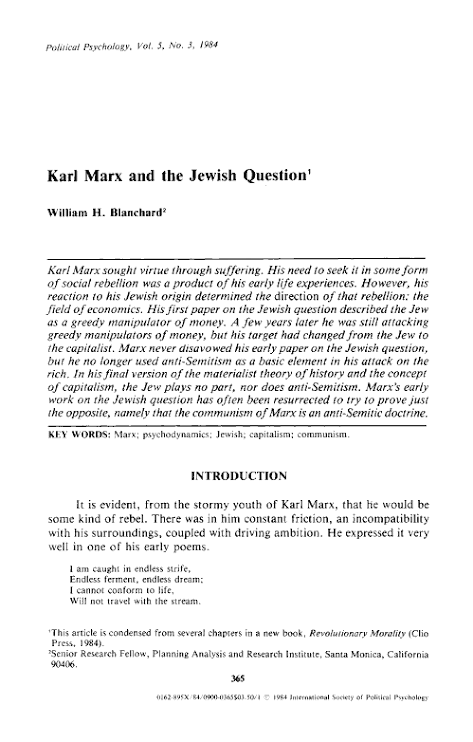











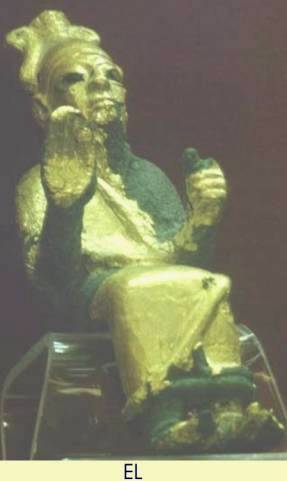

































+Anniversay+Dinner.jpg)





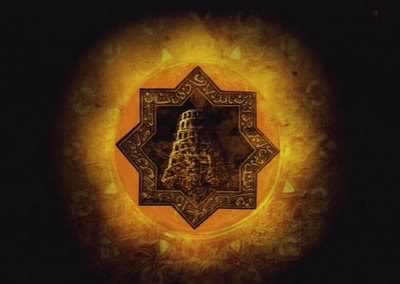









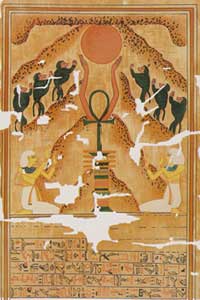








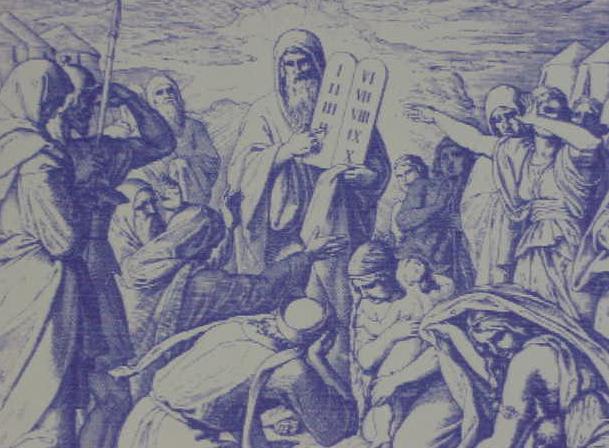
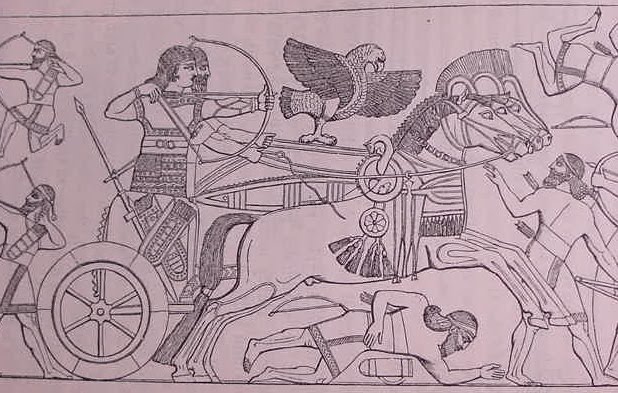
























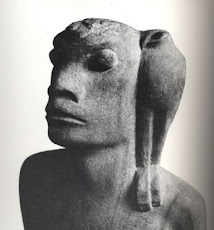












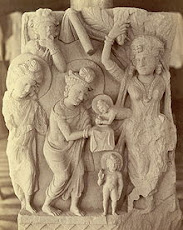
















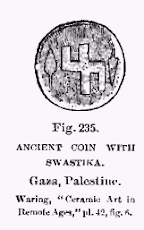























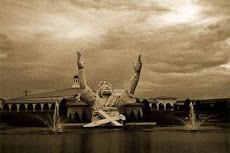














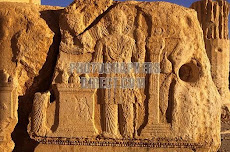

























No comments:
Post a Comment